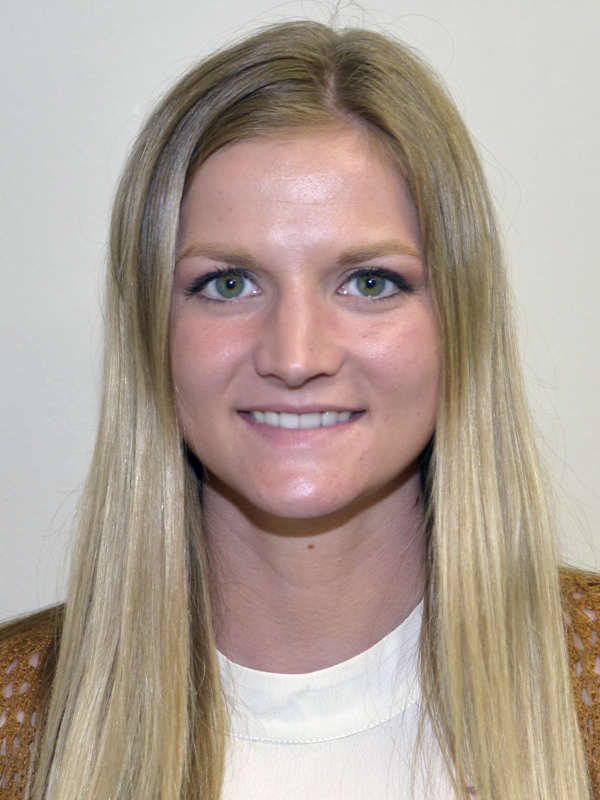Visionaries: Bringing open-source tools to farmers
The Purdue University Open Agricultural Technologies and Systems Center (OATS) hopes to improve the way farmers use agricultural technologies. Farmers already collect endless amounts of data every day that could help them, but there is not yet an effective way for them to use this data at its full potential.
Leading the effort is Dennis Buckmaster, professor of agricultural and biological engineering.
"The goal is to build a community around open-source methods and increase the integration of data in agriculture," Buckmaster said.
This does not mean anyone will be able to access a farmer’s personal data on crops. It simply means the codes used to interpret that data will be made available.
The OATS program has the potential to bring economic and environmental benefits to agriculture. One promising example is using data to let farmers know when they need to irrigate.
Farmers are already gathering information about their crops. An open-source application could help farmers know when a crop needs water. With that, the famer can decide when to irrigate and how much to irrigate. Farmers could only irrigate when they needed to — saving them money and saving resources.
Related Blogs & Videos
What is the open-source mindset
Meet the Filmmaker/Blogger
 Caitlin Yoder
Caitlin Yoder About Visionaries
This blog and video are part of the Visionaries series, which highlights the work and lives of researchers in the Purdue University College of Agriculture. The content for this series is created by the students of ASEC 280 (Digital Storytelling).
Explore other videos and blogs created by our student-filmmakers
Videos are also available on the Purdue Agricultural Sciences Education and Communication YouTube channel





